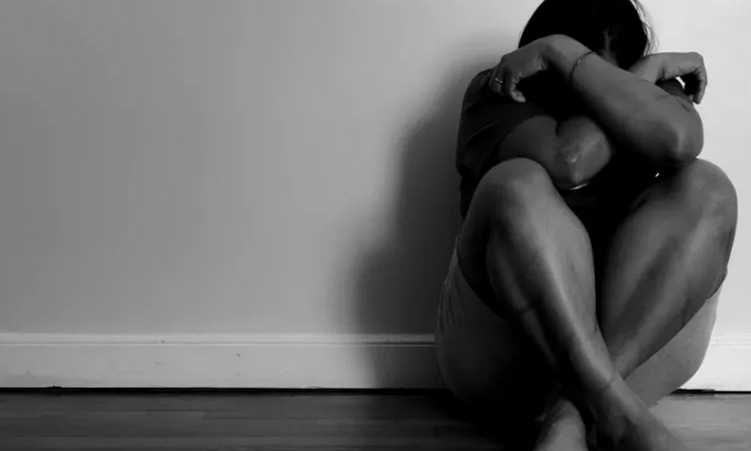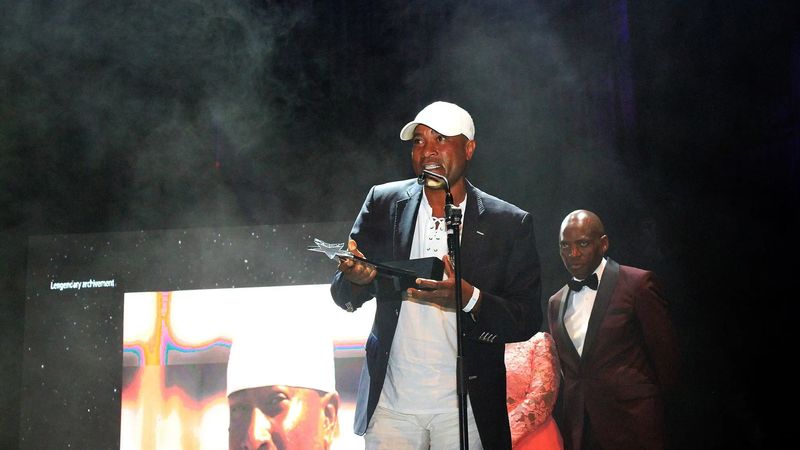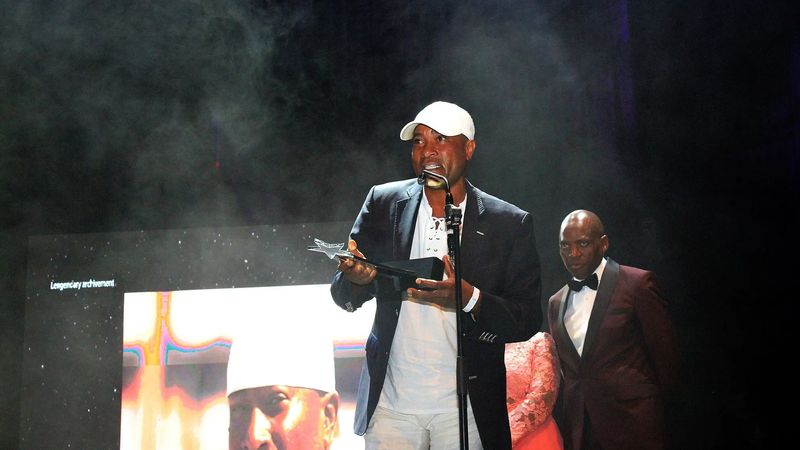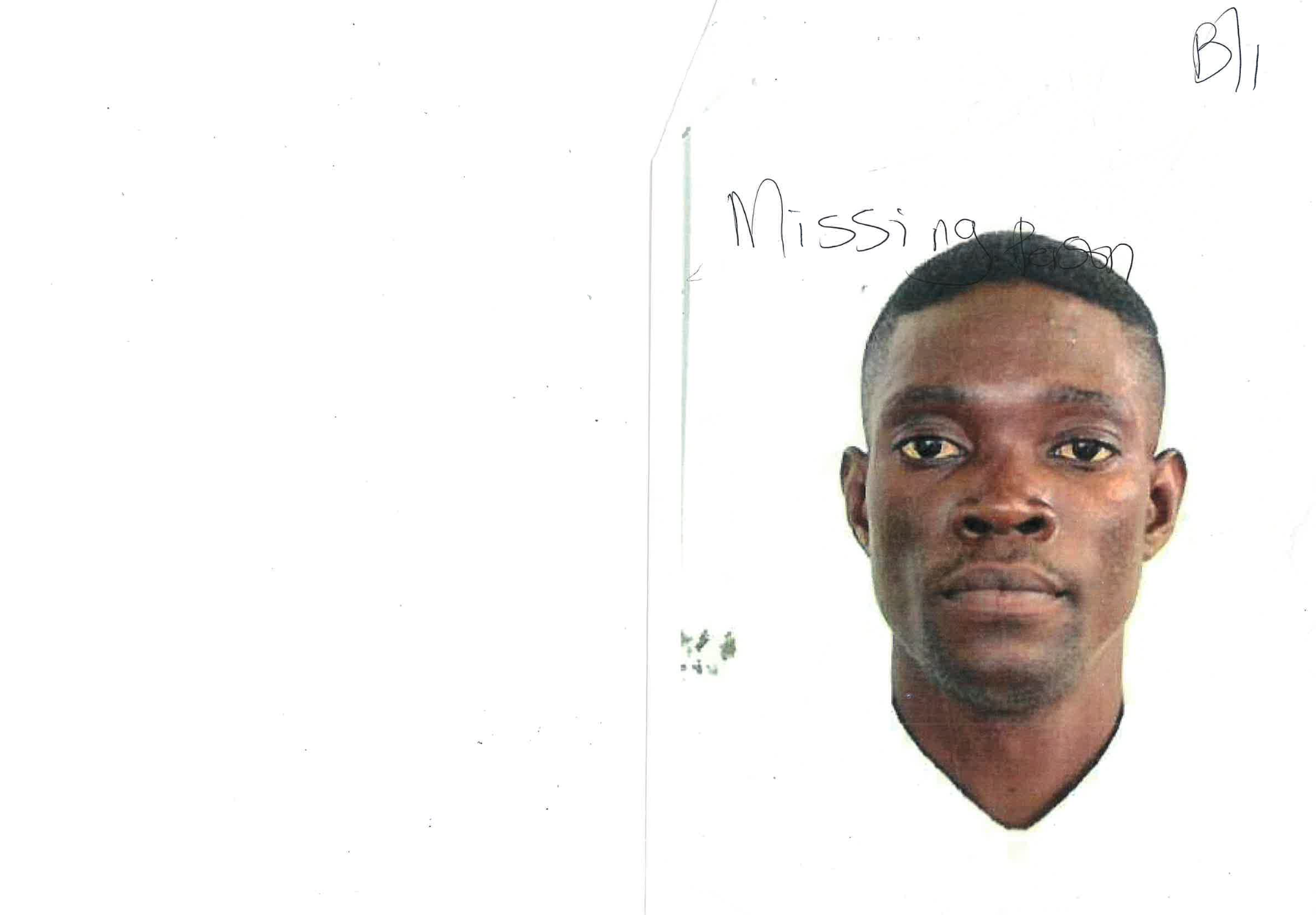The United Nations Population Fund (UNFPA) has said at least 32% of Namibian women have experienced physical violence from an intimate partner at some point in their lives.
This comes as Namibia continues to experience rife sexual and gender-based violence (GBV).
UNFPA said Namibia recorded close to 700 rape cases with a disproportionate impact on women and girls during 2022.
UNFPA country representative Gift Malunga said this on Tuesday during the commemoration of World Population Day in the Hardap region.
The event was hosted under the theme ‘Unleashing the Power of Gender Equality’ with a focus on uplifting the voices of women and girls to unlock the world’s infinite possibilities.
“While women and girls make up 49,7% of the global population, in Namibia they make up 51% of the population, yet their desires are not often prioritised and the root of the problem is gender inequality,” said Malunga.
These are women between the ages of 15 and 49.
Malunga said 6% of women reported experiencing violence during pregnancy.
“Fifteen percent of women who have experienced violence have never sought help or disclosed the abuse to anyone,” the country representative said.
Speaking on children’s matters, Malunga said 18,4% of children have experienced child marriage, while Namibia’s teenage pregnancy rate remains high, at 19%.
“These staggering statistics underscore the urgent need for collective action to address the structural inequalities that hold women back, in Namibia, and create a more equitable society in order to achieve national targets and the Sustainable Development Goals,” said Malunga.
According to Malunga, UNFPA is working towards strengthening the implementation of the legal framework for addressing issues pertaining to GBV and to raise awareness about the importance of preventing and responding to such issues.
“We want to improve access to services, including psychosocial support and counselling services for survivors.”
Malunga pledged the UNFPA’s continued unwavering support.
“I wish to reaffirm UNFPA’s commitment to supporting the government of the Republic of Namibia in its efforts to improve the lives of the people,” she said.
Also speaking at the event, Hardap regional governor Salomon April echoed Malunga’s sentiments.
According to April, the Namibian government recognises gender equality as a fundamental human right and an integral part of the economic growth and social development of Namibia.
“The realisation of gender equality, human rights of women and girls and the empowerment of women is a national priority for our country as it is clearly indicated in the Constitution of Namibia,” said April.
April noted that there are laws in place to address gender equality issues and the empowerment of women.
“It is worth noting that through the national equitable economic empowerment bill (Neeef), the government seeks to economically uplift the lives of women in all corners of this country,” said April.
Furthermore, April said the government has formulated plans, policies and programmes such as Vision 2030, national development plans and Harambee Prosperity Plans and these continue to be implemented with the aim of improving the lives of the Namibian people to inspire unity.
“The government continues to put more efforts to implement the National Gender Policy through the prioritised National Plan of Action on Gender-Based Violence to end the scourge of violence against women and girls,” April said.
Stay informed with The Namibian – your source for credible journalism. Get in-depth reporting and opinions for
only N$85 a month. Invest in journalism, invest in democracy –
Subscribe Now!








